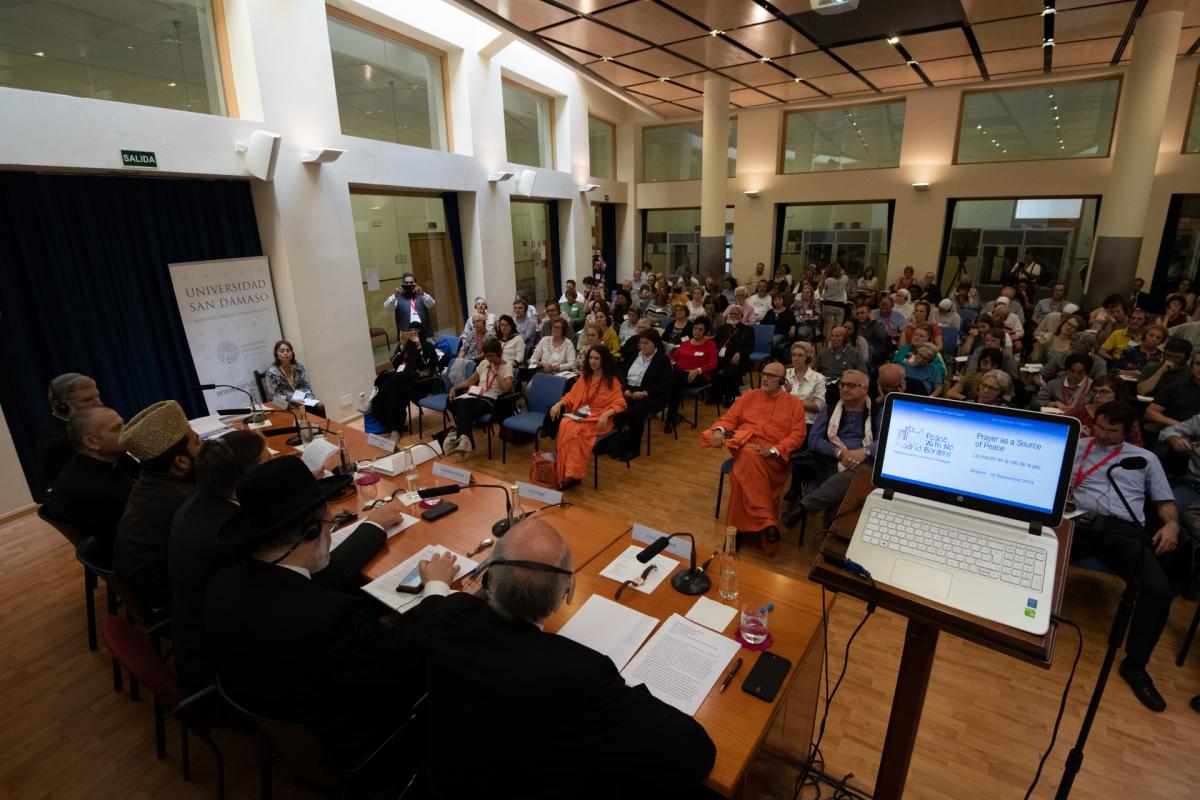The following obituary by Rabbi Arie Folger appeared in The Jewish Press under the title Europe’s Greatest Halakhic Authority, Dayan Chanoch Ehrentreu (1932-2022) passes away.
 With the recent passing of Dayan Chanoch Ehrentreu, the UK and Europe as a whole lost one of its most eminent rabbis. Rabbi Ehrentreu was the preeminent dayan, rabbinic judge, of Europe, and until suffering a devastating stroke in the fall of 2020, he chaired the closest thing to a court of higher instance in the Jewish ecclesiastical court system.
With the recent passing of Dayan Chanoch Ehrentreu, the UK and Europe as a whole lost one of its most eminent rabbis. Rabbi Ehrentreu was the preeminent dayan, rabbinic judge, of Europe, and until suffering a devastating stroke in the fall of 2020, he chaired the closest thing to a court of higher instance in the Jewish ecclesiastical court system.
Dayan Ehrentreu was born in Frankfurt in 1932 and is named after his grandfather Rabbi Heinrich Chanoch Ehrentreu, av beit din (presiding judge of the Jewish ecclesiastical court) of Munich and its chief Orthodox rabbi, who had passed away in 1927. On the morning of the 1938 Kistallnacht pogrom, young Chanoch Ehrentreu’s father Rabbi Yisroel Ehrentreu was arrested by the Nazis as he was trying to save Torah scrolls Read the rest of this entry »



 Posted by Arie Folger
Posted by Arie Folger 








